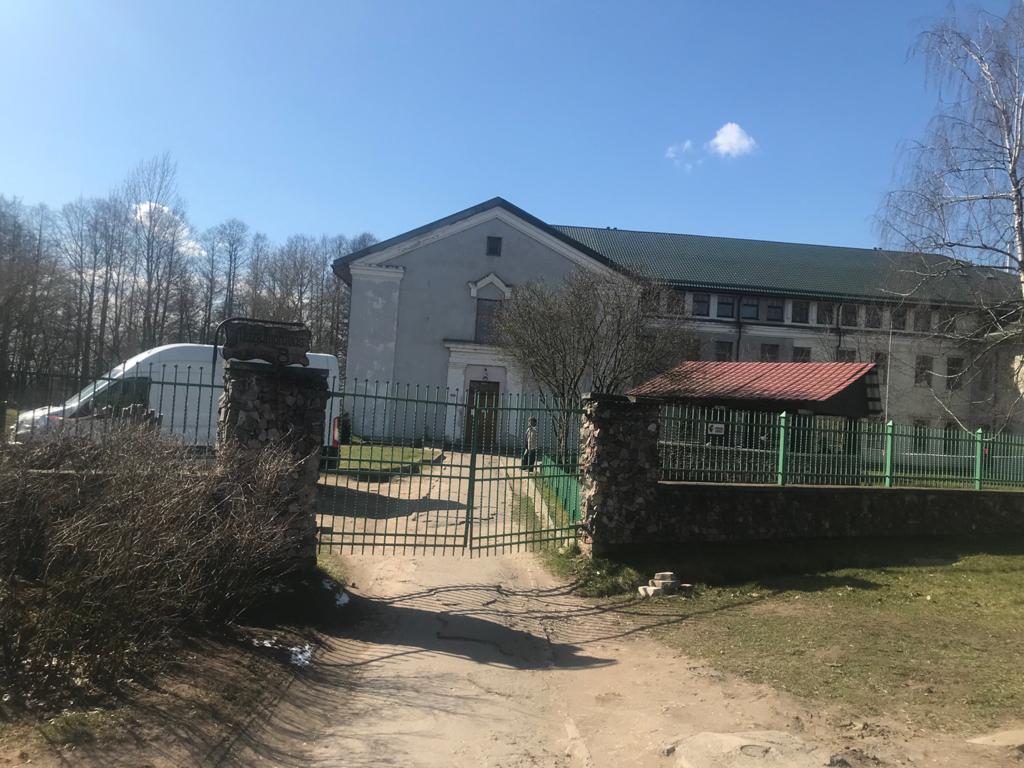The Centre for Disease Prevention and Control (CDPC) tested around 130 persons at the shelter. The majority of those infected are shelter clients, but a few employees have also been infected. Two of the infected persons have been hospitalized, one with only mild symptoms, but most are asymptomatic. The shelter has been isolated and employees self-isolate from home, while residents will have to undergo a strict 14-day quarantine.
“Municipal police will provide supervision. Epidemiologists will continue to work. They're testing clients and employees, working with residents to determine contacts, which is difficult as a majority don't have a permanent residence and employment,” said Health Minister Ilze Viņķele.
The minister also posted on Twitter regarding the issue:
“The broad scope of Covid19 infections at the Rīga shelter confirms that it's in the interest of the health of all of society to implement all-encompassing healthcare. Accessible healthcare, not excluding the most vulnerable, pays back with interest, especially in these types of situations. And it's humane.”
Plaša Covid19 inficēšanās Rīgas patversmē apliecina, ka visas sabiedrības veselības interesēs ir īstenot visaptverošu veselības aprūpi. Pieejama veselības aprūpe, neizslēdzot neaizsargātākos, īpaši šādās situācijās atmaksājas ar uzviju. Un ir humāna. https://t.co/Xv1zx63nMR
— Ilze Viņķele (@Vinkele) March 31, 2020
The shelter houses people who have lost their homes, people who are suffering from addiction, youth from disadvantaged families, including a large percentage of former prisoners. Shelter representative Maija Smane explained that usually clients have to leave at 8:00 a.m., but since March 12 everyone has been allowed to stay during the day as well, coming and going as they please.
According to Viņķele, increased testing is being conducted at other six municipal shelters in Rīga as well. Two are owned by the city, the others are run by partner organizations. If additional cases are found at other shelters, those will also be put under quarantine. The Latvian Large Cities Association (LLPA) said that social support locations are high risk zones that should be quarantined, but for now it's each organization's call.
“Centers where these social people are should currently be quarantined. Currently we're really, really raising alarm bells in regards to shelters. It's a very, very significant location. We predict that there could be very many such cases,” said LLPA Executive Director Viktors Valainis.





























